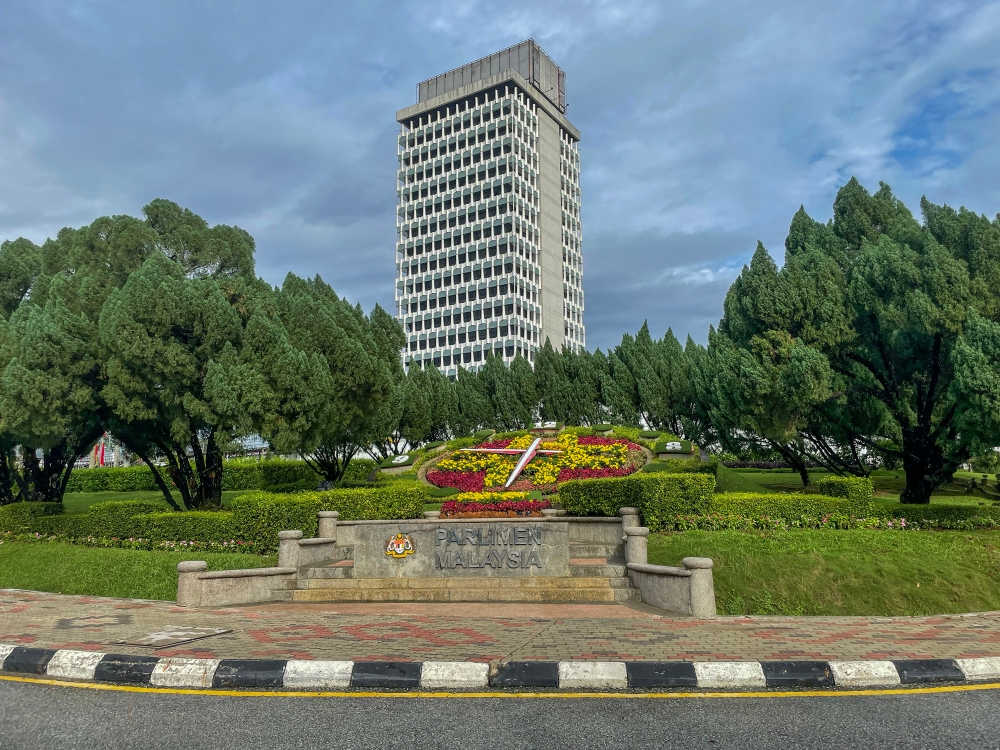MARCH 21 — The UK House of Commons Liaison Committee (LC) is appointed to consider general matters relating to the work of select committees; to advise the House of Commons Commission on select committees; to choose select committee reports for debate in the House and to hear evidence from the Prime Minister on matters of public policy.
The powers of the LC are set out in House of Commons Standing Order (SO) No 145, which are available on the Internet here.
The Reports of the LC are published by The Stationery Office by Order of the House of Commons. All publications of the LC (including press notices) are on the Internet here.
The LC’s Reports illuminate the central role that parliamentary select committees play in the legislature’s scrutiny function.
The LC’s First Special Report of Session 2010–11, which was ordered by the House of Commons to be printed on July 21, 2010, included a response from the government to a report from the LC on the work of select committees in 2008–09.
In the report, the LC made two recommendations relating to pre-legislative scrutiny as follows:
“(Recommendation 3) We are pleased that the Leader of the House has embraced a more transparent system for the allocation of draft bills to committees for scrutiny. The Government did not publish enough draft bills in the last session to test properly the efficacy of the new system so we will continue to monitor progress into the current session and next Parliament.
“(Recommendation 4) If the Government is serious about the role that pre-legislative scrutiny can play in making better legislation, it needs to ensure that the committees tasked with conducting that scrutiny are given a reasonable amount of time in which to do it. We reiterate our view that this means, at a bare minimum, twelve weeks. If the Government is unable to ensure that the appointment of joint committees takes place more quickly than has been the case in the past two sessions it needs to publish draft bills earlier, to allow sufficient time for the committees to do their work.”
The government’s response was reported as follows:
“The new Government said that it had announced three draft bills and that consideration was being given to further draft bills which might be published for consideration in the current [parliamentary] session. It also confirmed that although it would consult on the best route for pre-legislative scrutiny of each draft bill, it considered that joint committees would scrutinise draft bills of major constitutional importance.
“The Government said it was committed to consulting interested parties in both Houses about the best route for pre-legislative scrutiny of each draft Bill. However, scrutiny by a joint committee is likely to be more appropriate than scrutiny by a select committee of the [House of] Commons for bills of major constitutional importance.
“The Government also said that it remained committed to a three-month minimum period for pre-legislative scrutiny. The Government was criticised in both Houses [House of Commons and House of Lords] for introducing the Fixed-term Parliaments Bill and the Parliamentary Voting System and Constituencies Bill without first subjecting them to pre-legislative scrutiny.
“In September 2012 and in February 2014, the Leader of the House of Commons, Andrew Lansley confirmed that the Government was committed, wherever possible, to publishing legislation in draft with a view to pre-legislative scrutiny.”

Malaysians should expect the same commitment from the Madani Government to publish legislation in draft with a view to pre-legislative scrutiny.
So, let’s have the proposed constitutional amendments on citizenship published with a view to pre-legislative scrutiny.
If the Madani Government is committed to institutional reforms then it must reform Parliament, making it play its role not only as a law-making body but also law scrutiny body through its select committees towards making better legislation.
If the Madani Government is committed and serious about reforms...
*This is the personal opinion of the writer or publication and does not necessarily represent the views of Malay Mail.





















